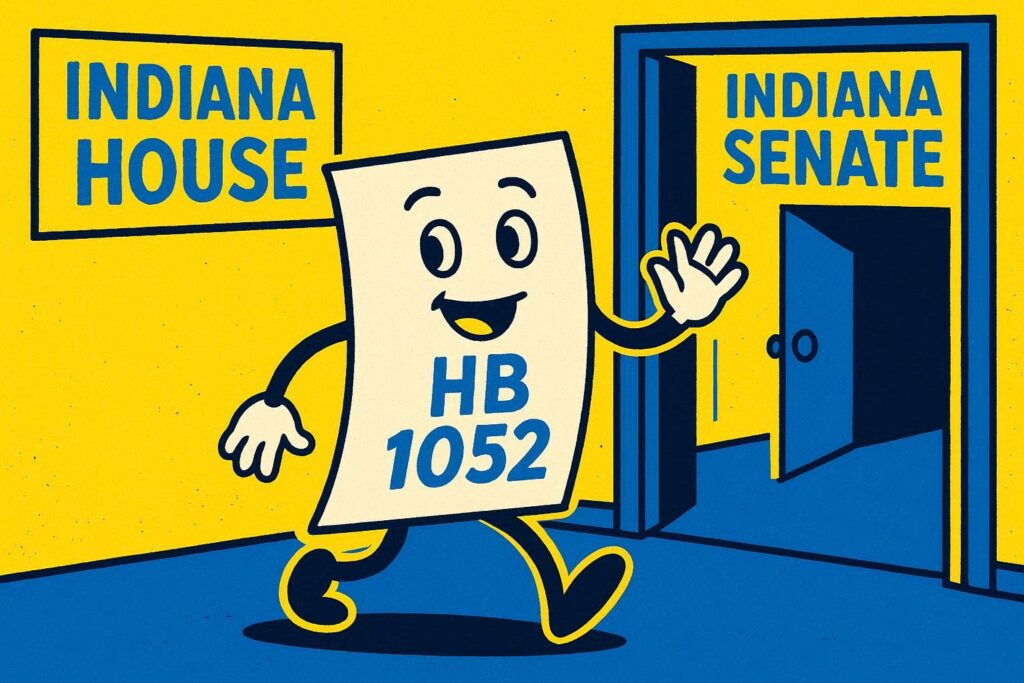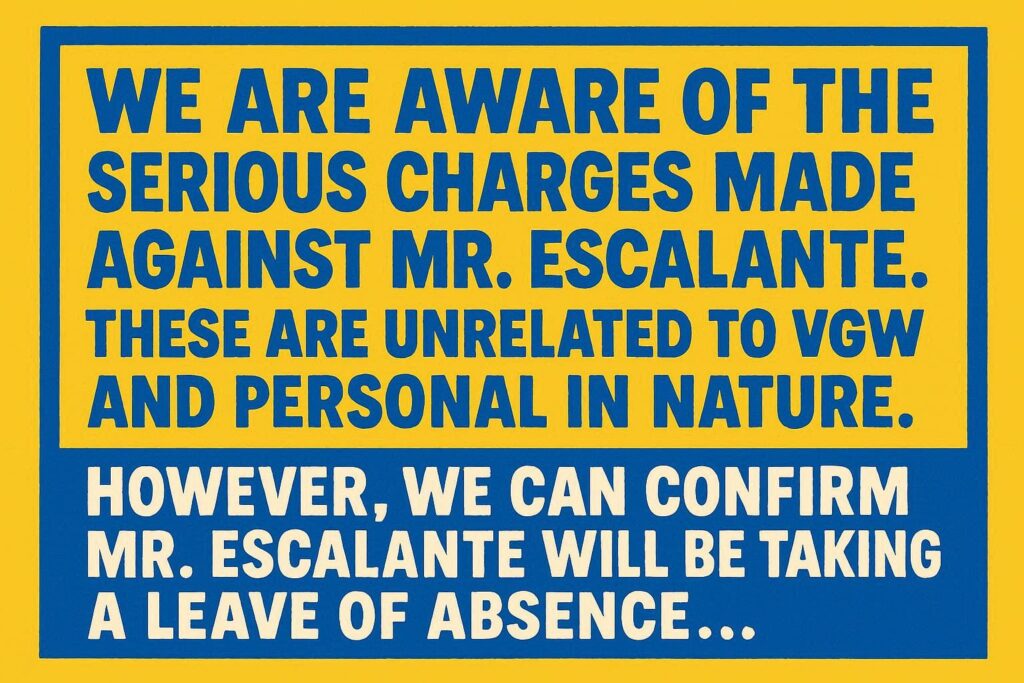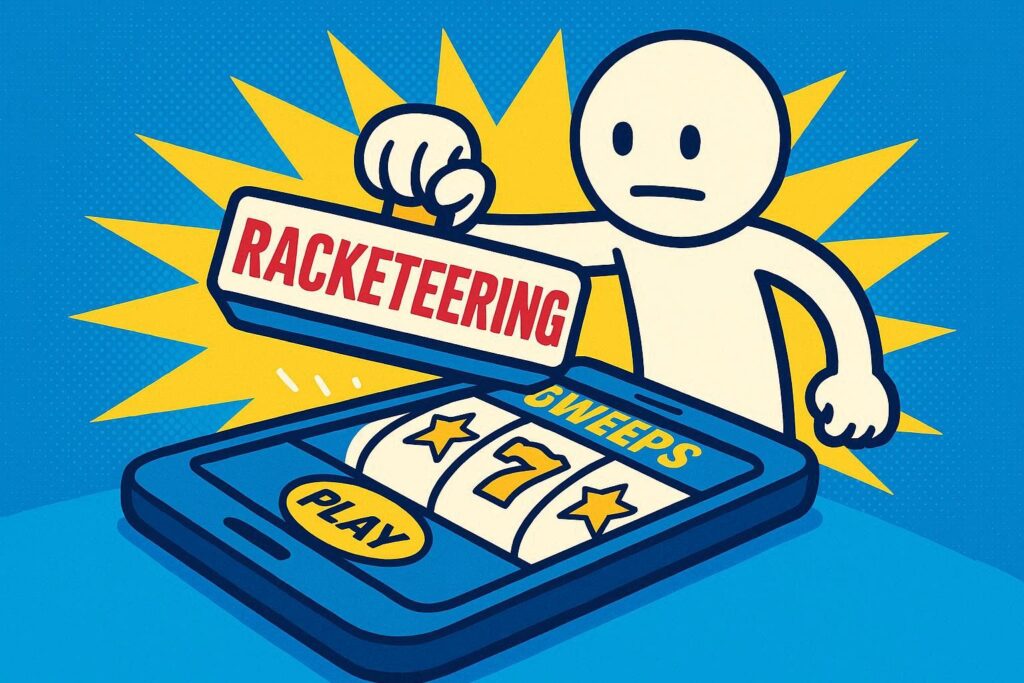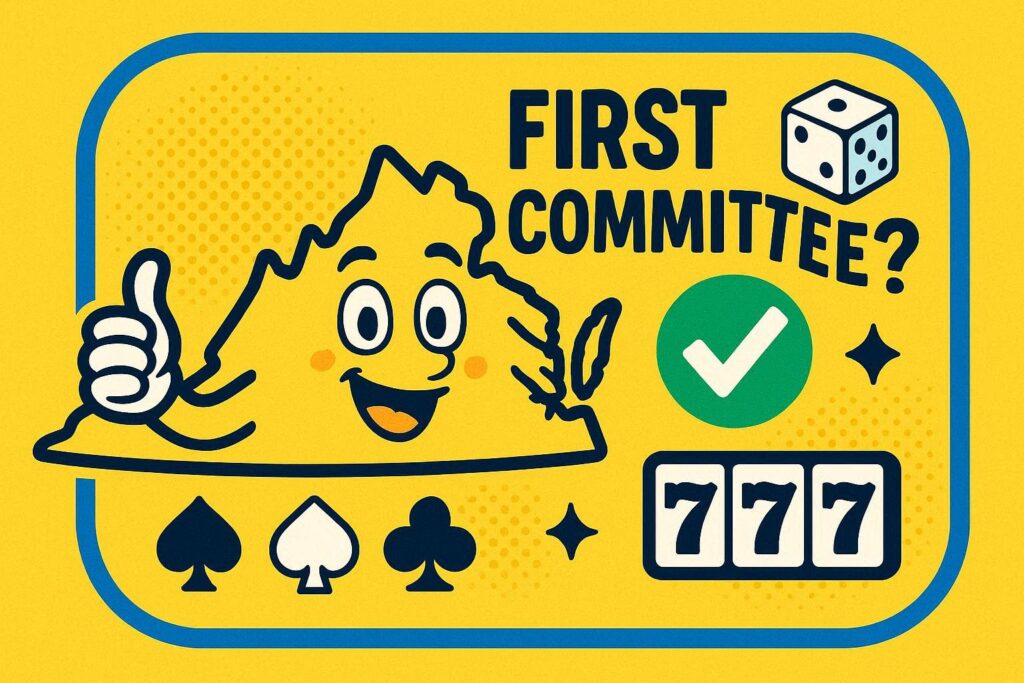Kalshi, Robinhood, and the prediction markets industry have assumed the mantle of scrutiny in recent months, absorbing some of the legal attention that has faced the sweepstakes gaming sector thus far in 2025. (Of course, that attention still hasn’t come close to fading completely. See: Drake lawsuit.)
Much of the probing into event contracts offered by the like of Kalshi has mirrored the legislative and judicial battles faced by the likes of Chumba Casino and McLuck this year — where, market by market, state by state, lawmakers, regulators, and legal leaders are questioning whether this type of consumer activity constitutes gambling and, therefore, whether it should be regulated or even allowed, depending on the state.
There are a few differences, too, of course.
And here’s a big one: Kalshi just this week sued New York State in response to it receiving a cease-and-desist letter from the New York State Gaming Commission, and it also filed an emergency motion for a restraining order and a preliminary injunction against the commission.
A few months ago, it filed similar challenges in Maryland and New Jersey.
In other words, Kalshi is fighting against this crackdown by challenging the cease-and-desist orders in court.
That is, as of today, something no sweepstakes casino or sweeps casino operator has done.
No cease-and-desist order directed at a member of the sweeps gaming industry has been challenged in court, while Kalshi has already challenged multiple, just a handful of months into its own time in the gambling industry’s spotlight of scrutiny.
So … what have operators done?
In the absence of legal challenges, sweeps casinos have simply responded in one of two ways to cease-and-desist orders:
- They leave.
- They don’t leave.
The decision-making that goes into option 1 vs. option 2 depends on a variety of factors, including which body is sending the cease-and-desist order. For example: An order coming from a state’s Attorney General is more daunting, per se, than one from a state gaming regulator. Most reputable brands, however, will exit a state if asked to do so by either.
Then there are the sweeps operators that don’t receive the cease-and-desist orders, themselves. Some will quietly celebrate they weren’t sent an order and continue operating in the state. Others will recognize the presence of such cease-and-desist orders means the state isn’t a market they want to be in anymore, and they leave voluntarily.
States with a notable amount of sweeps cease-and-desist orders include New York, Louisiana, Maryland, Arizona, and West Virginia.
SGLA quiet on the lack of challenges
Industry observers have asked why sweeps casinos have never challenged a cease-and-desist order if they insist their model of gaming is legal. Opponents of the industry think the answer is obvious. (More on that later.)
Sweepsy tried to get some answers from sweeps stakeholders.
During the Online Social Games Expo, in the Q&A portion of the discussion, Sweepsy asked the panelists — Jeff Duncan, the Social Gaming Leadership Alliance’s executive director; Bryan P. Schroeder, general counsel for ARB Interactive; Derek Brinkman, executive product advisor for VGW; Paul Foster, director of Yellow Social Interactive; and Eric Wright, tribal administrator of Kletsel Dehe Wintun Nation — to discuss the rationale behind the absence of any legal challenges when it comes to cease-and-desist orders.
In response, Duncan said: “We’ve got a couple other questions coming in but they’re more of delving into proprietary information and some legal questions that I don’t believe we’d be willing to answer in this form and I would not put that before any of the members.”
This week, Sweepsy, in a more private form, also sent a request for comment to the SGLA regarding the lack of legal challenges to cease-and-desist orders. The SGLA did not respond.
Some potential reasons
We can draw some logical conclusions as to why sweeps operators don’t fight back.
Opponents will say it’s because operators know their games are against the law.
But if that’s not the case, it could also be because overturning such an order from a state agency carries a heavy burden of proof, so, from this viewpoint, perhaps it’s not surprising that no sweepstakes gaming platforms have attempted a challenge yet. That’s not even factoring in the cost of such a legal challenge, which, for smaller operators, is mountains bigger than a drop in the bucket.
Assuming they believe in their legality, sweeps operators are seemingly opting to comply with cease-and-desist orders, redirecting resources to states where operations are still permitted, and positioning themselves favorably for the future — because if a market eventually regulates sweepstakes gaming, voluntarily stepping back now could work in their favor when regulators decide who receives licenses.
Wallach: ‘(In)actions speak louder than words’
As mentioned earlier, opponents of sweeps gaming believe no cease-and-desist challenges have been issued so far because the operators know their gaming model is against the law.
“Sweepstakes casinos: Over 100 cease and desist orders issued from multiple states. Not a single one challenged in court,” wrote Daniel Wallach, a prominent U.S. gaming attorney and vocal opponent of sweeps casinos, on LinkedIn. “By contrast, Kalshi immediately filed lawsuits in response to C&D Orders against some of the same states (MD, NJ). (In)actions speak louder than words.”
Later, Wallach added: “Cease-and-desist orders from state agencies can be challenged in court. We’re seeing that now with Kalshi. Sweepstakes operators have been hit with more than 100 C&D orders — and not one has ever been judicially challenged. If operators believe that the business model is legal, they should be filing lawsuits not exiting the jurisdiction without a fight.”









